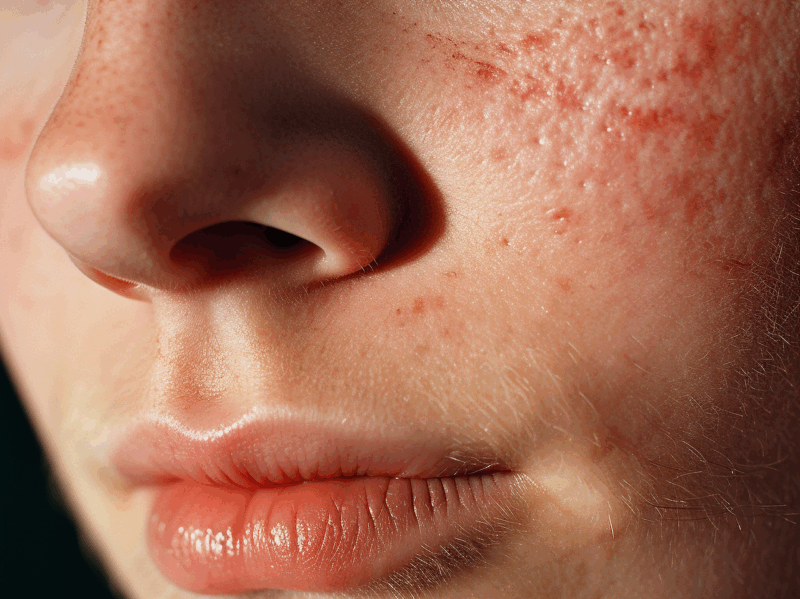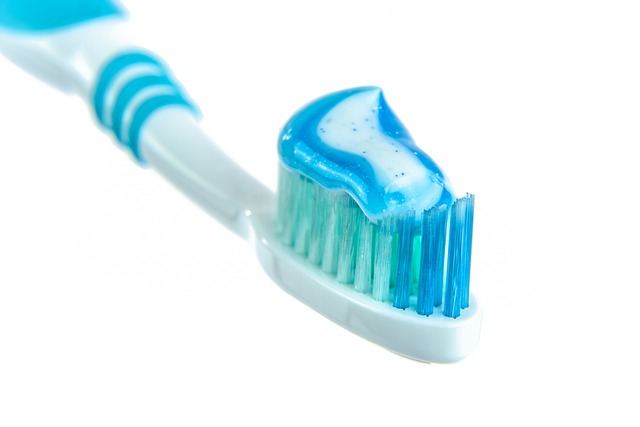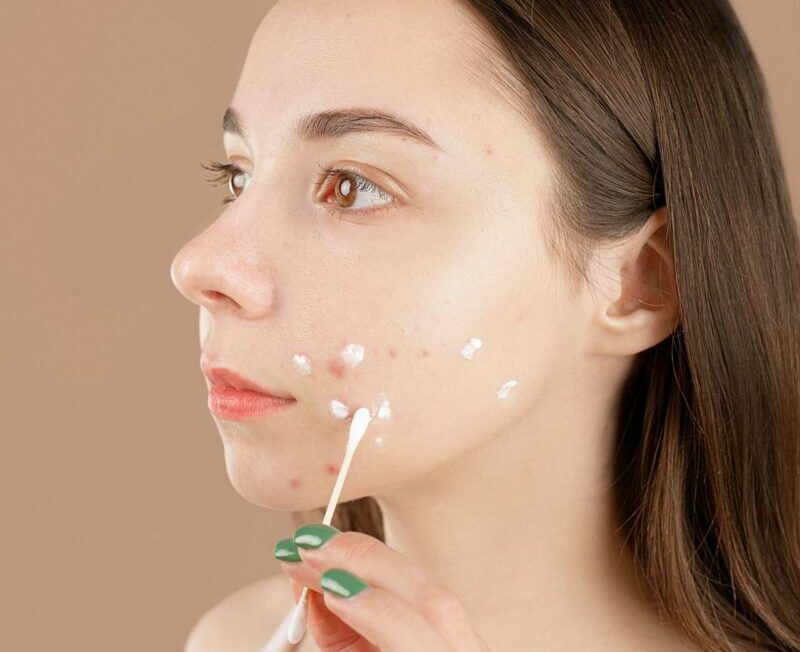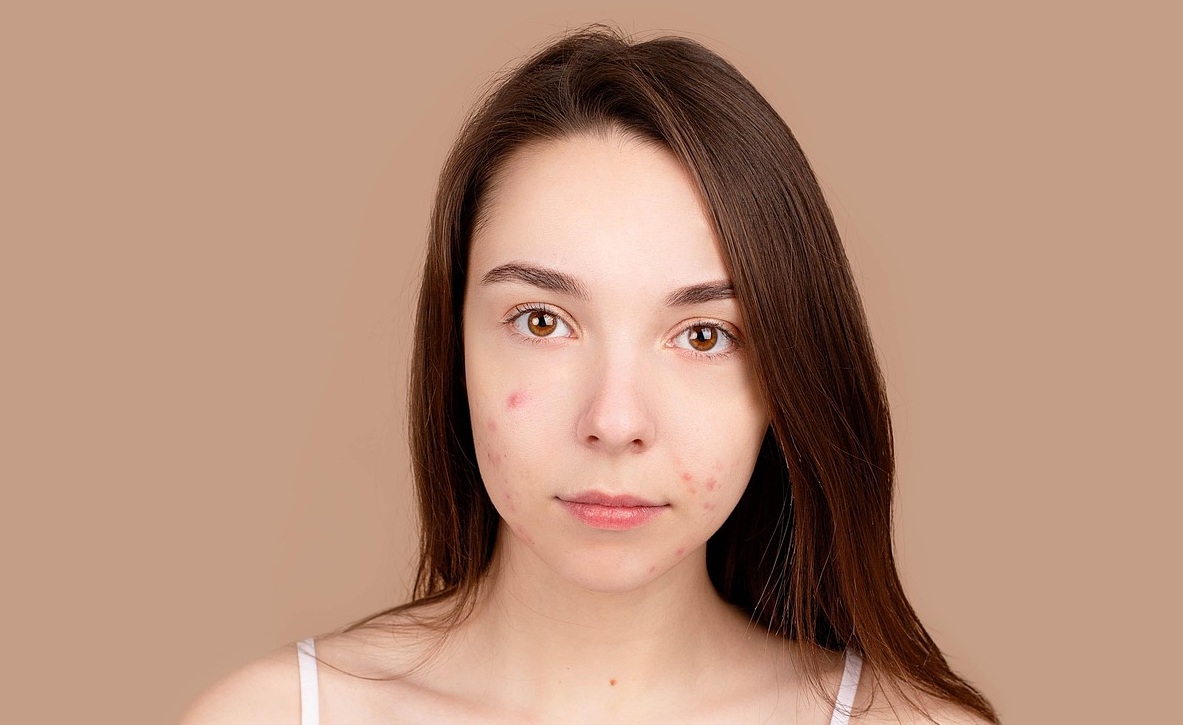If you’ve ever looked in the mirror and spotted a breakout, you’ve probably called it “acne” or maybe just a “pimple.” But did you know those two terms aren’t exactly the same? It’s easy to confuse them, but there’s a key difference. Let’s break it down in simple terms so you can better understand your skin and how to care for it.
What Is Acne?
Think of acne as the big picture. It’s a skin condition — one that causes a mix of blackheads, whiteheads, pimples, and sometimes deeper bumps under the skin. It’s most common during your teen years, but adults can definitely get it too.
Acne happens when:
- Your skin makes too much oil (sebum),
- Dead skin cells clog up your pores,
- Bacteria builds up in those clogged pores,
- And your skin gets inflamed as a result.
All of this can lead to breakouts, not just on your face but also on your back, chest, or shoulders.
What Are Pimples?
Now, pimples are just one piece of the acne puzzle. They’re the red or pus-filled bumps most of us have dealt with at some point. You might know them as zits, spots, or breakouts — all names for the same thing.
There are a few types of pimples:
- Papules – small red bumps that feel tender
- Pustules – the ones with a white or yellow head
- Cysts or nodules – larger, painful bumps under the skin
So, in short: pimples are a symptom of acne.
How Are They Connected?
Think of it this way:
Acne is the condition, pimples are the symptom.
If you have a pimple once in a while, you may not have chronic acne. But if you frequently experience breakouts with many pimples — especially along with blackheads, whiteheads, and oiliness — you likely have some form of acne.
Can You Have Pimples Without Having Acne?
Yes — it’s possible. Occasional pimples can result from:
- Hormonal fluctuations (e.g. menstrual cycle)
- Stress
- A reaction to skincare products
- Poor hygiene or touching the face frequently (for some hygiene tips see HERE and HERE)
Final Thoughts
Understanding the relationship between acne and pimples helps you target your treatment more effectively. If you deal with persistent breakouts, it may be worth seeing a dermatologist for a diagnosis and long-term plan.
Remember:
- Pimples are short-term and often isolated
- Acne is ongoing and can take many forms




